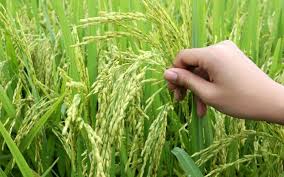The increasing global population, urbanization, and growing income levels are driving the demand for animal protein has led to a greater demand for animal feed to support the growing livestock industry. Feed production is the largest contributor to environmental and economic impacts associated with livestock production systems. It is predicted that an increased demand for animal-sourced food will lead to an almost twofold increase in global livestock production by 2050. In Nigeria, the feed mill business is very profitable. This is because demand has also increased due to the increase in animal farming, which can be traced back to the widespread consumption of animal products worldwide.
"Fodder" refers particularly to foods or forages given to the animals (including plants cut and carried to them), rather than that which they forage for themselves. It includes hay, straw, silage, compressed and pelleted feeds, oils and mixed rations, and sprouted grains and legumes. There are two types of concentrate feeds: carbonaceous and proteinaceous. include soybean meal, cottonseed meal, peanuts (groundnuts), flaxseed (linseed), ca- nola, cottonseed, coconuts, oil palm, and sunflower seeds.
A mixture of just two single feeds
is already called a mixed feed. However, modern mixed feeds are in fact
highly complex compounds that are composed of several single feeds and
selected additives and thus individually cover the specific, current
nutrient requirements of the different animals.
